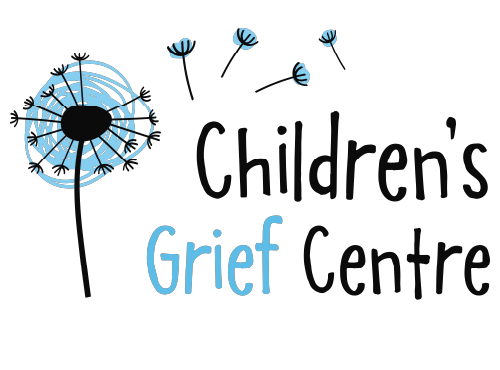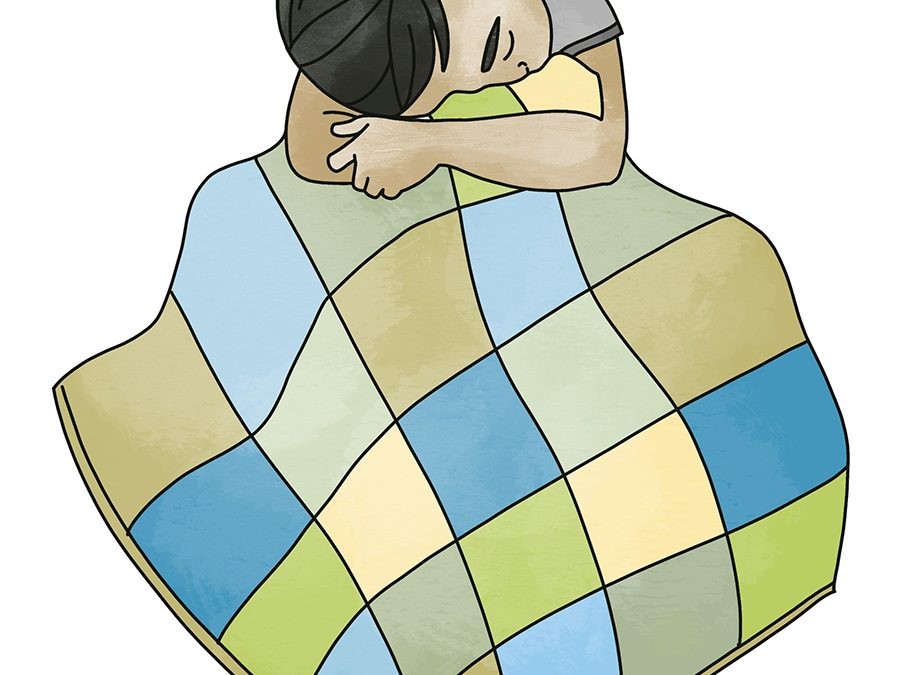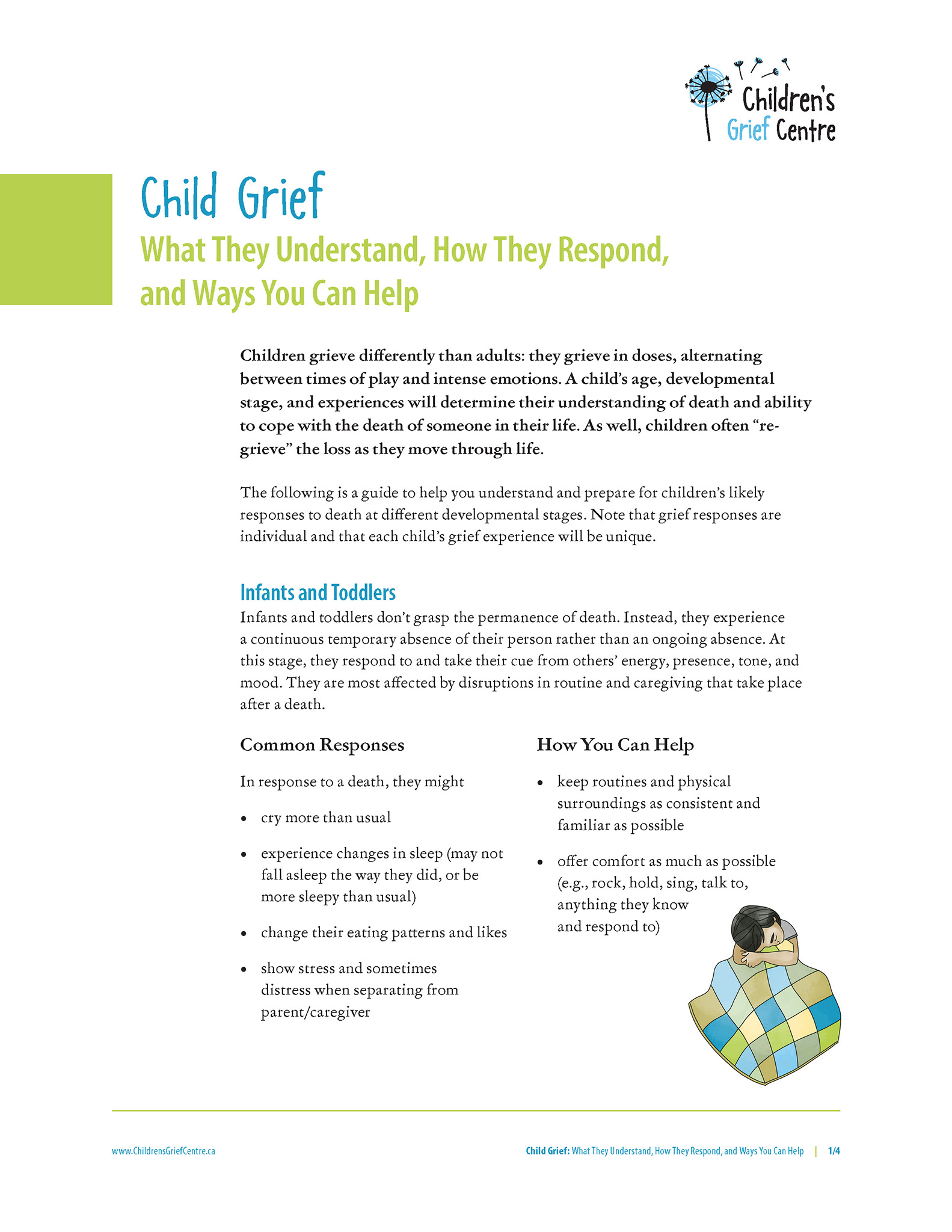Child Grief
What They Understand, How They Respond, and Ways You Can Help
Children grieve differently than adults: they grieve in doses, alternating between times of play and intense emotions. A child’s age, developmental stage, and experiences will determine their understanding of death and ability to cope with the death of someone in their life. As well, children often “re-grieve” the loss as they move through life.
The following is a guide to help you understand and prepare for children’s likely responses to death at different developmental stages. Note that grief responses are individual and that each child’s grief experience will be unique.
Infants and Toddlers
Infants and toddlers don’t grasp the permanence of death. Instead, they experience a continuous temporary absence of their person rather than an ongoing absence. At this stage, they respond to and take their cue from others’ energy, presence, tone, and mood. They are most affected by disruptions in routine and caregiving that take place after a death.Common Responses
In response to a death, they might- cry more than usual
- experience changes in sleep (may not fall asleep the way they did, or be more sleepy than usual)
- change their eating patterns and likes
- show stress and sometimes distress when separating from parent/caregiver
How You Can Help
- keep routines and physical surroundings as consistent and familiar as possible
- offer comfort as much as possible (e.g., rock, hold, sing, talk to, anything they know and respond to)
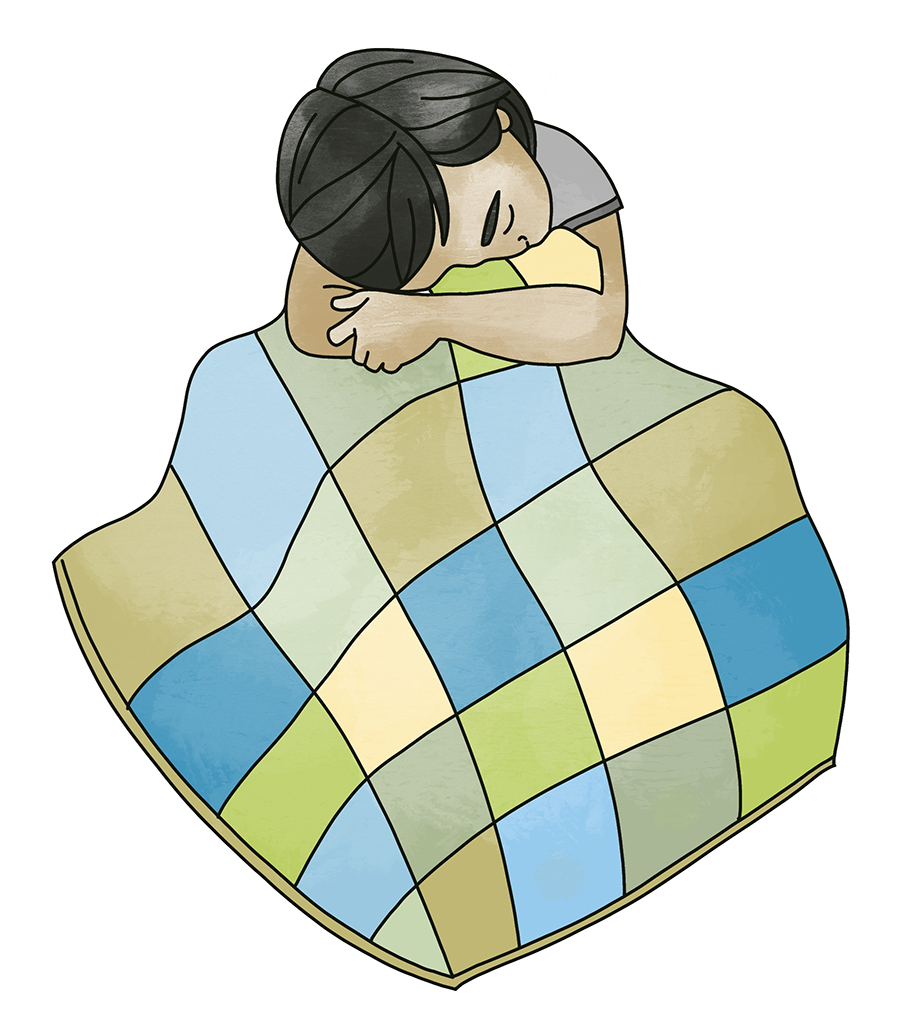
Preschool Age
Like toddlers, preschoolers do not understand the permanence of death, but they do realize that their person cannot be “here.” Under the age of 6-7 years, children’s brains have not reached the capacity to understand that death is permanent and universal (we will all die someday). They also don’t grasp death is non-functional (we cannot breathe, feel heat or cold, or talk when we are dead) and that there is a reason for the death (causality). Because of this, they may speak of the person coming back for a special day. Magical thinking may also lead them to believe that they caused the death by something they thought, said, or did: “I didn’t put my toys away, and she was angry, that’s why she died.”Common Responses
In response to a death, preschoolers may- forget the person died and feel terribly sad when they remember
- repeatedly ask questions related to the death
- exhibit physical symptoms like headaches and stomach aches
- fear that others may die too and become more clingy or reluctant to separate from a parent/caregiver
- regress in behaviour (e.g., baby-talk, thumb-sucking, bedwetting)
- experience sleep changes (e.g., bad dreams, difficulty going to sleep, afraid to be alone in the dark)
How You Can Help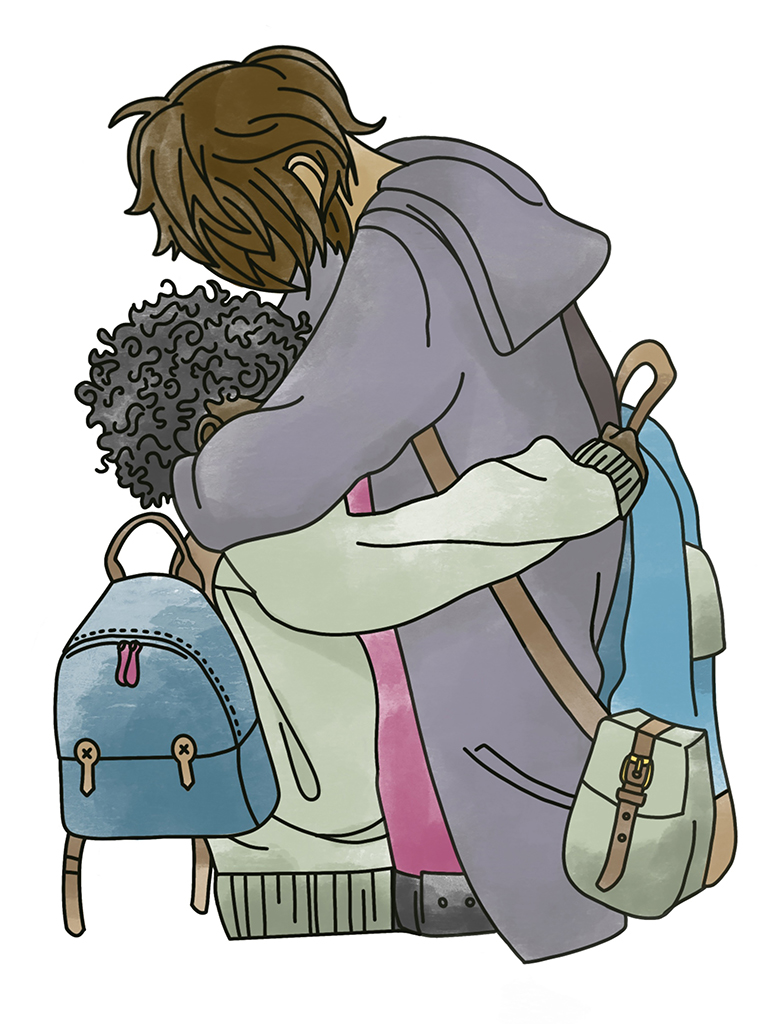
- take the time to hear and answer their questions, repeating the facts in simple language
- explain death in concrete terms (e.g., someone who is dead can’t breathe, feel hungry or cold) and use examples from nature or previous experiences
- maintain or create schedules and routines as they provide a sense of safety and control
- encourage children to share how they feel, giving them your full attention and asking questions
- offer comfort and affection, quiet times, and “just us” time
- reassure them about their future and safety
Ages 6 to 8
As children reach ages 6 to 8, they begin to understand the permanence of death and other biological concepts (see preschool). They are curious about the body and its functions, at times asking what may seem to be insensitive and disturbing questions. It’s part of how they try to make sense of the death.
Common Responses
Responding to a death, kids in this age group may
- ask questions about burial and cremation
- experience bad dreams, difficulties in school, increased anger, anxiety, and physical symptoms such as headaches, and stomach aches
- feel responsible for or guilty about the death
How You Can Help
- show patience when they ask the same questions repeatedly
- encourage them to ask questions and share their feelings (e.g., verbally, through play, art, exercise)
- maintain or create schedules and routines that provide a sense of safety and control
- offer comfort, affection, and reassurance about their safety and the death was not their fault
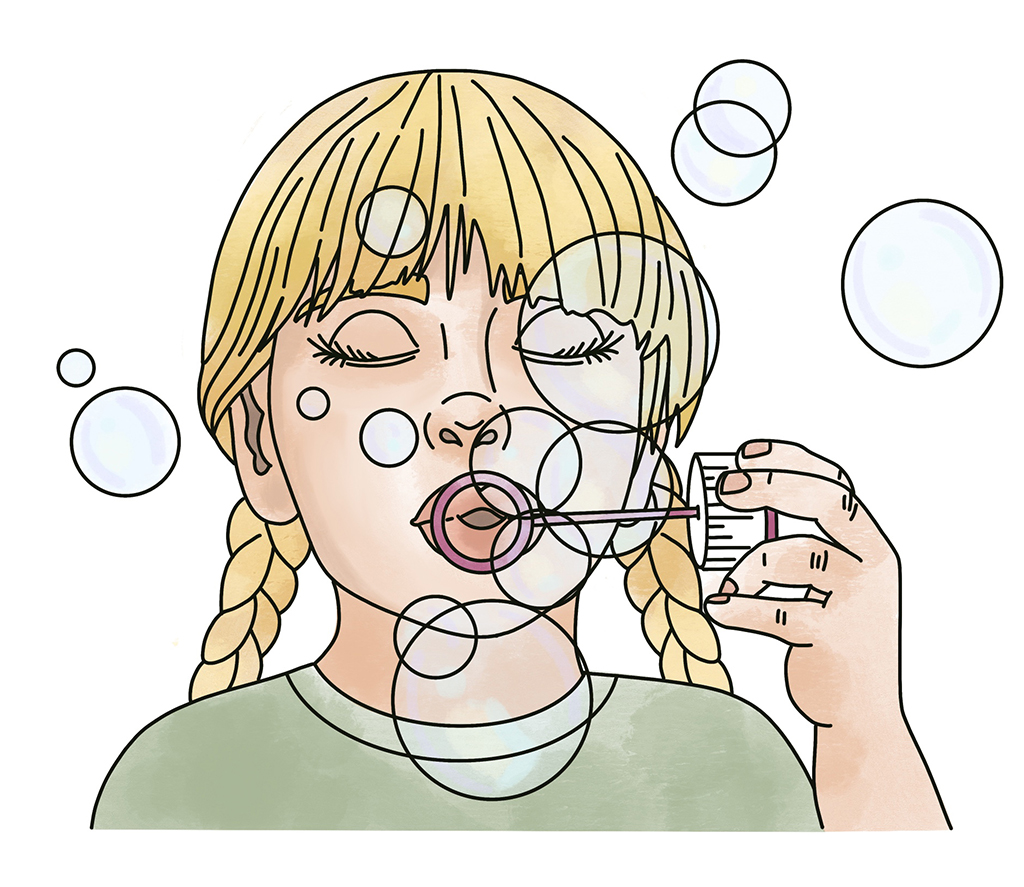
Ages 9 to 12
At this age, they understand death fully and may show interest in what happens to a person’s body and spirit after death. Their understanding of the universality of death brings them to wonder about the impact death has on others.Common Responses
In response to a death, 9 to 12-year-olds may- cover up emotions to fit in and not worry anyone
- feel responsible for the death or guilty for living
- show concern for the safety and future of other family members
- experience bad dreams, increased anger, lack of focus and interest, anxiety
- ask themselves and others continuous questions about the death
How You Can Help
- provide honest, accurate information about the death
- regularly invite them to ask questions and share their feelings
- reassure them about their future and the future of other family members
- demonstrate that their input is wanted and considered when remembering the person who died
- respect their need for privacy
- create opportunities for physical and emotional connection with family members and significant adults in their lives
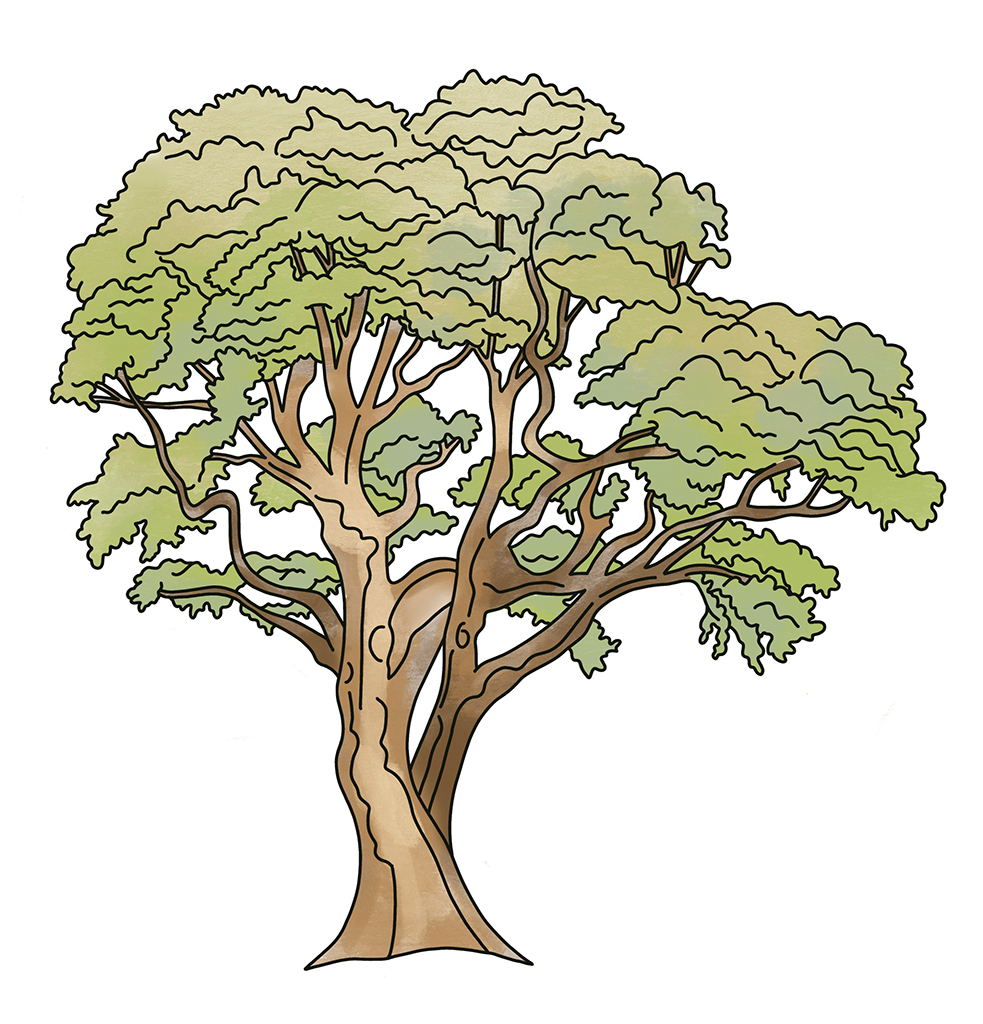
Jump to an Age Group
For more information, a consultation, or to seek support for your child, teen, and family, contact us at 403-263-4525 or info@childrensgriefcentre.ca.
